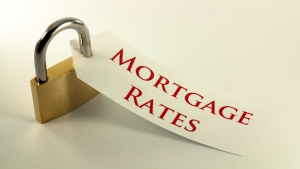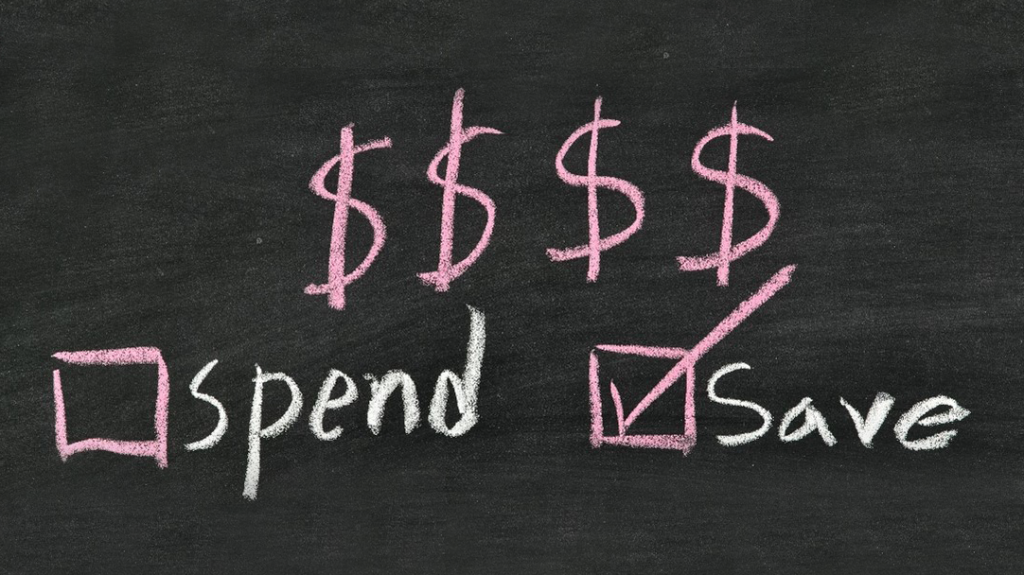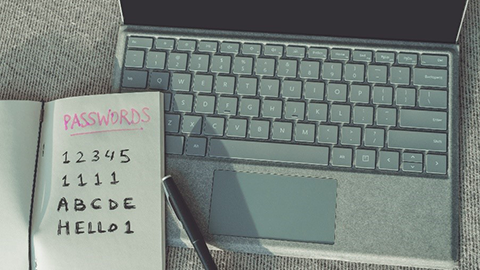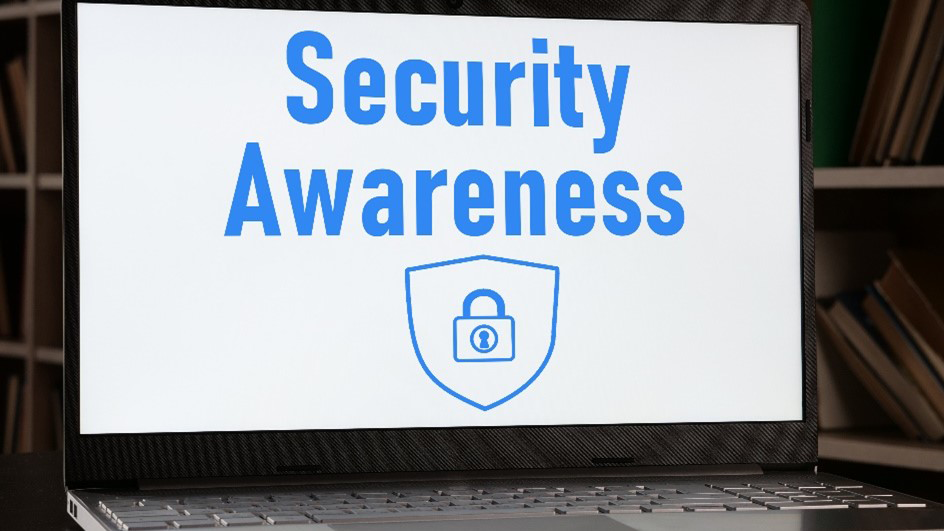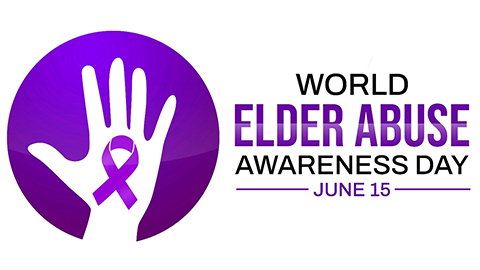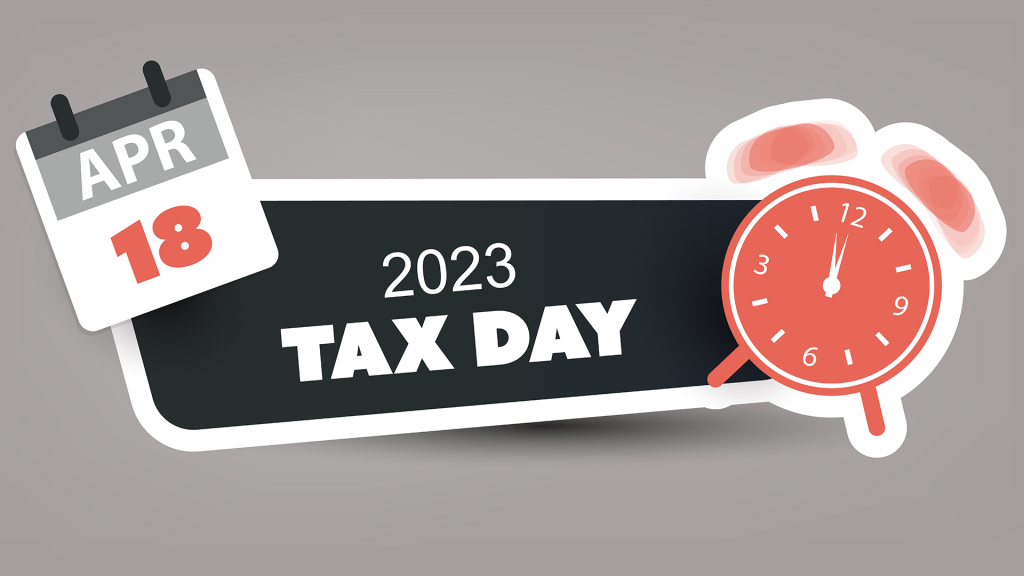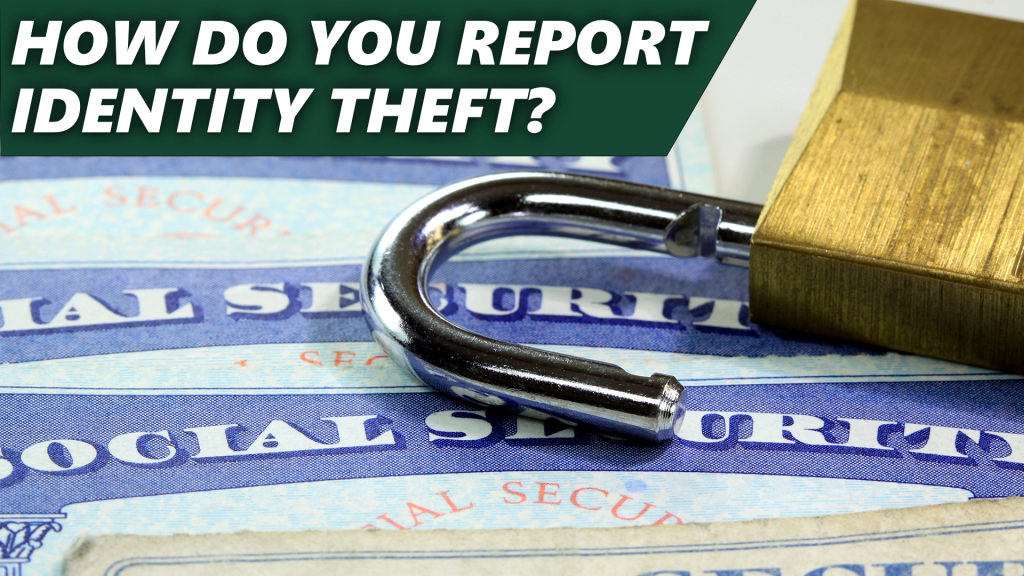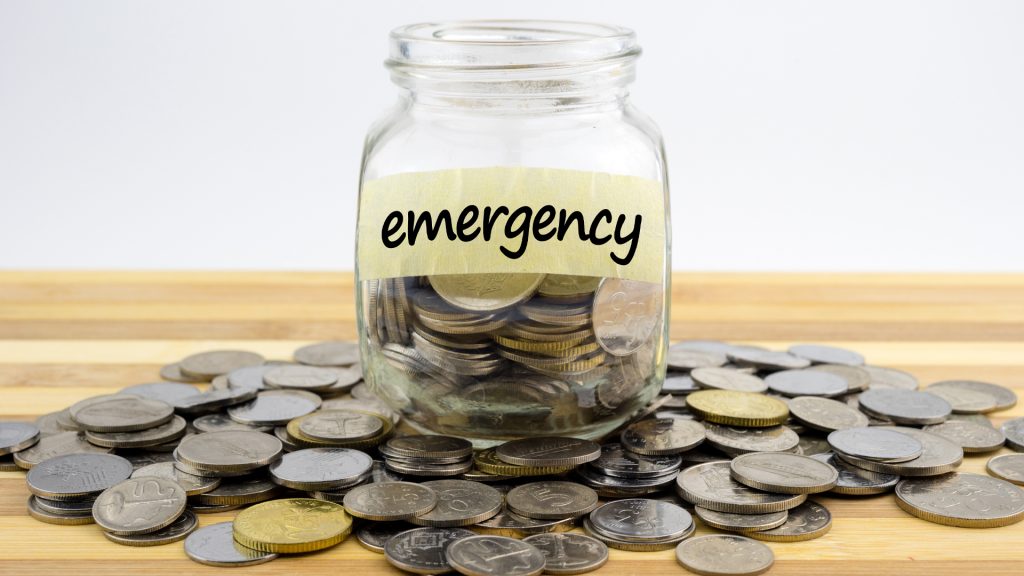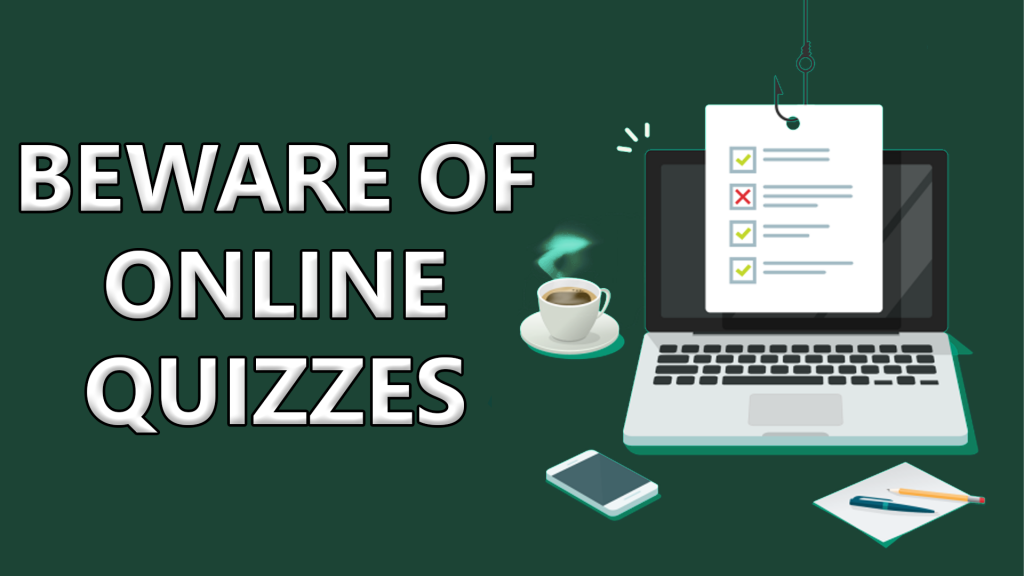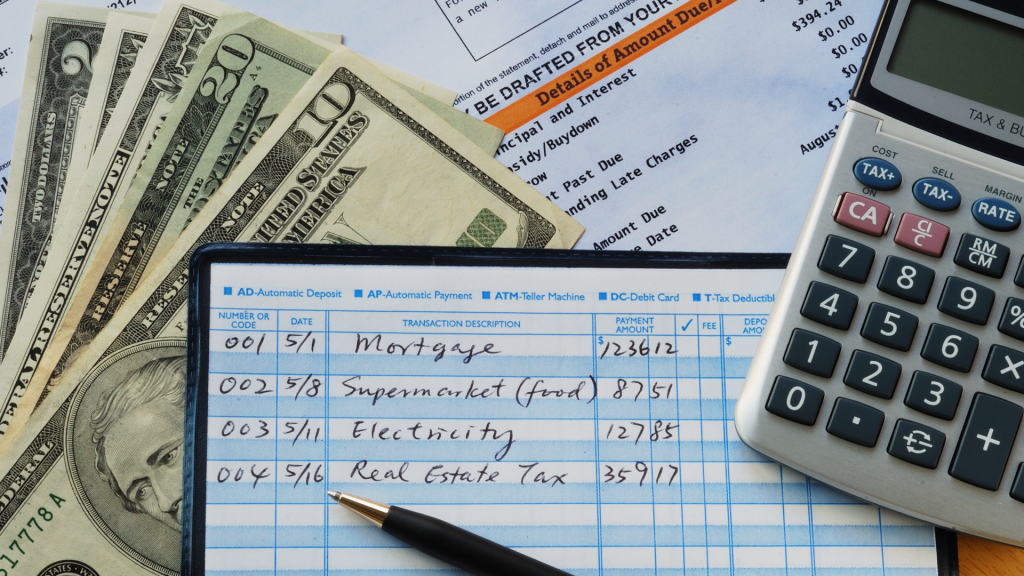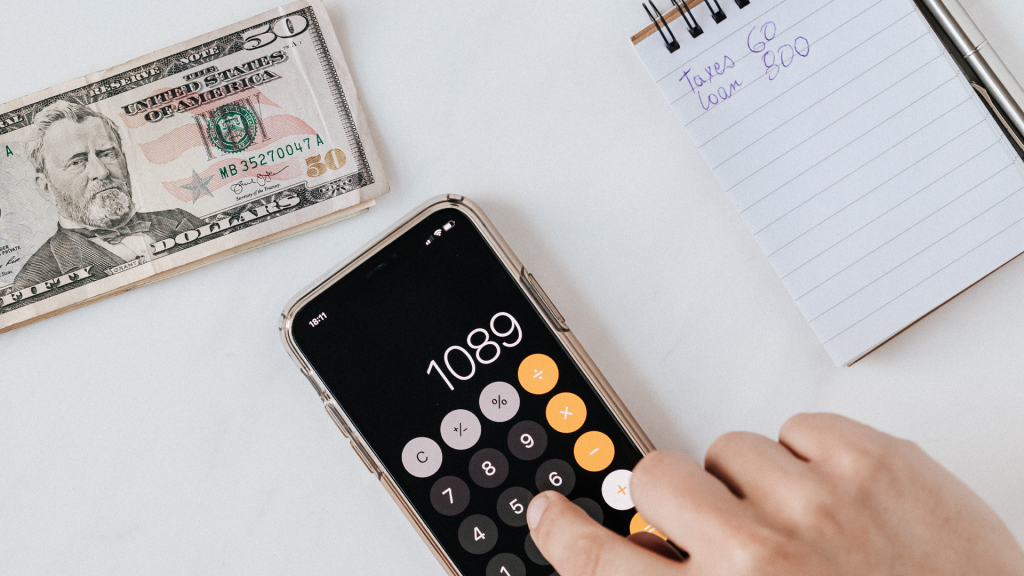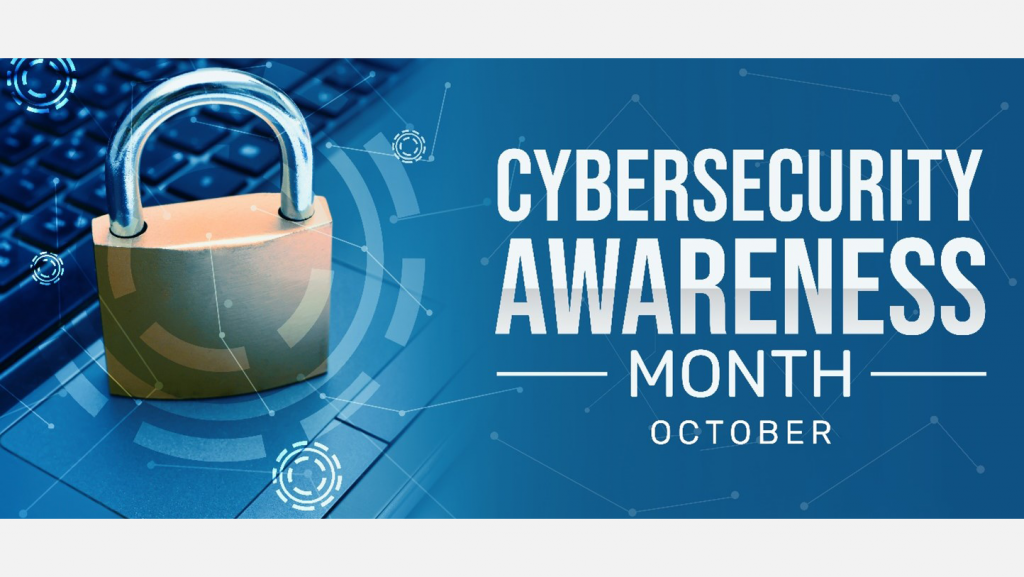
In today’s digital age, the term “cybersecurity” has become synonymous with safeguarding our digital lives. It’s the shield that guards our critical systems and sensitive information from the relentless onslaught of digital threats. Cybersecurity is the practice of protecting critical systems and sensitive information from digital attacks. These attacks can take many forms, ranging from identity theft to sophisticated scams. Understanding these threats is the first step in fortifying your digital fortress.
One of the most horrendous forms of cyberattacks is identity theft. This occurs when someone wrongfully obtains and uses your personal information, often for financial gain. Criminals may make unauthorized credit card transactions, apply for loans in your name and social security number or commit other fraudulent activities. To shield yourself from these threats, consider the following precautions:
- Be vigilant: Never share personal information with unknown callers, texters, or email Verify the legitimacy of any organization before disclosing sensitive data.
- Strong passwords: Avoid easily guessable passwords, such as family names or pet names. Opt for complex combinations of letters, numbers, and symbols. Refrain from writing down or storing passwords electronically, as lost devices could compromise your security.
- Social media caution: Beware of oversharing on social media, as personal information gleaned from your profiles can be used against you. Visit: Online Quizzes
- Regular credit checks: Obtain your free annual credit report to ensure its accuracy and detect any suspicious activities early.
Scams come in various disguises, from romance and gift card scams to fake home repair offers and even imposters posing as trusted institutions like your bank. Here’s how you can avoid falling prey to scams:
- Verify charitable events: When approached with requests for donations or assistance related to disasters, always seek more information and ensure the legitimacy of the cause.
- If it sounds too good to be true: Apply the age-old adage. If an offer seems suspiciously generous or unrealistic, it probably is.
- Beware of contingencies: Never accept funds or sweepstakes winnings that require you to send money back. Legitimate winnings and gifts do not come with such conditions.
Cybersecurity is a shared responsibility. By staying informed and following these guidelines, you can enhance your digital defenses and protect yourself from the evolving landscape of cyber threats. Remember, vigilance is your greatest asset in the battle for digital security.
Visit our Security Center for a variety of methods to keep you and your money safe and to stay up to date.
Opinions expressed above are the personal opinions of the author and meant for generic illustration purposes only. RCB Bank, Member FDIC.
Sources: Delesline, N., & Carlton, G. (2022, June 2). What, exactly, is cybersecurity? and why does it matter?. ZDNET. https://www.zdnet.com/education/computers-tech/what-is-cybersecurity-and-why-cybersecurity-matters/


